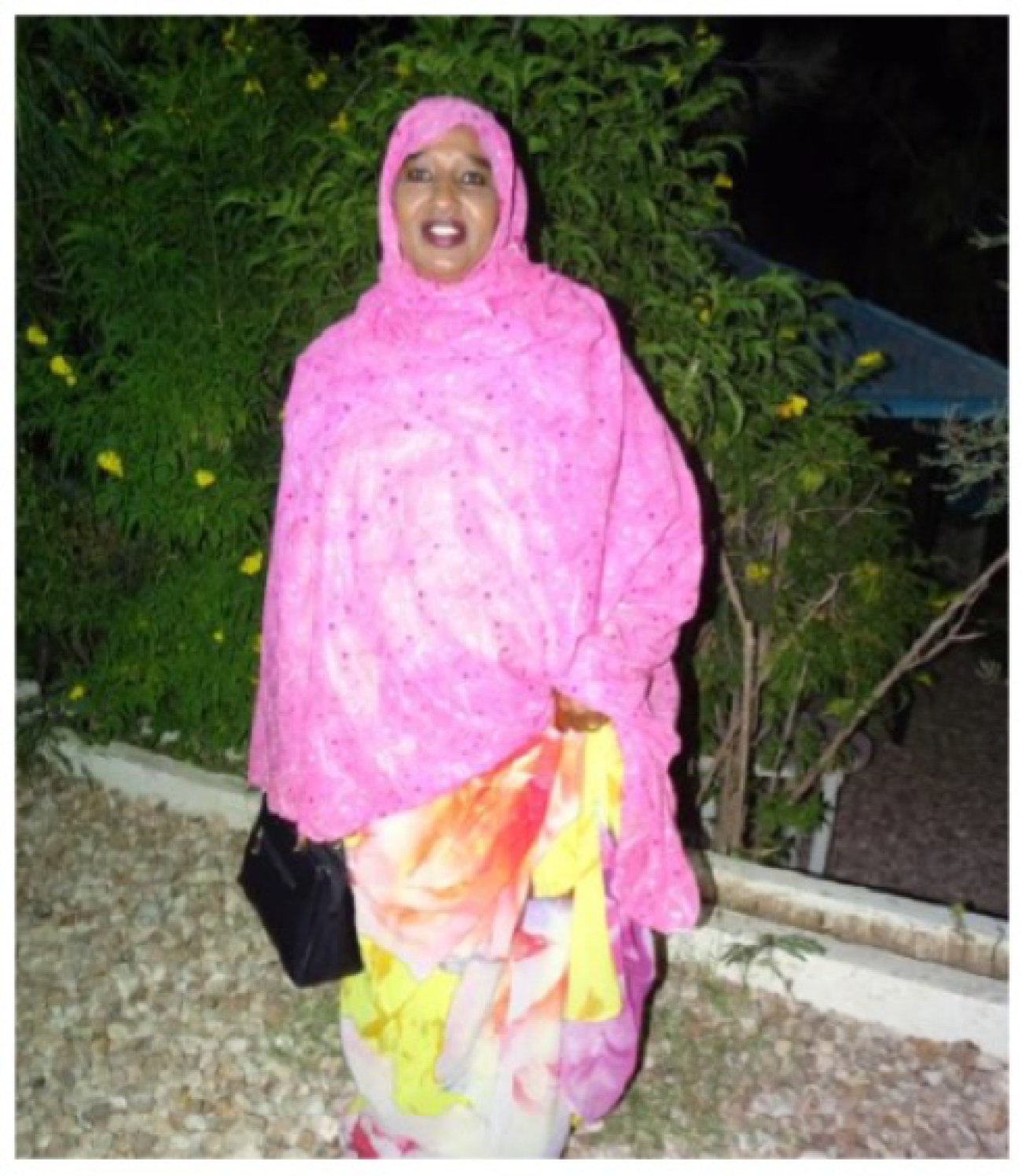Local Development Fund Encouraging Women’s Participation in Construction Sector in Somaliland

Asha Warsame is charismatic and follows in her father’s footsteps as the owner of her own construction business.
She is known and respected in her field of work despite the fact that the construction sector is dominated by men.
Since 2009, she has won nine construction tenders for project funded by the Local Development Fund (LDF) – a discretionary system of performance-based local government grants designed and managed by UNCDF in Somaliland.
The construction of the Kodbur fire station, a Local Development Fund project, aligns to the priorities in the Hargeisa District Development Framework; it also demonstrates that Hargeisa local government is taking responsibility for the fire safety of up to 250,000 citizens in the fire station catchment area. The project worth is USD 70,562 with UN Joint Programme on Local Governance (JPLG) and Decentralized Service Delivery contributing USD 58,000, Somaliland Government USD 8,467 and Hargeisa District Council USD 3,528.
JPLG supported Hargeisa local government to conduct a fire station feasibility study and produce a workable design with an estimate of the materials required for the construction, known as the “Bill of Quantities.” In October 2016, a local government advertisement was placed in the local newspapers inviting potential contractors to bid for the construction of the fire station, as well as other Local Development Fund (funded) projects.
Asha regularly checks the local newspapers for Hargeisa local government/JPLG tender advertisements. She bid for the Kodbur fire station, along with 30 other bidders. On November 17, she attended the meeting where the contract was awarded.
Asha highlights: “I am inspired and encouraged to apply for these tenders because the procurement process is fair.” Asha continues: “The process is really important. At the bid opening there are many people present including the Procurement Officer and representatives from the Procurement Committee, Ministry of Finance, engineers, JPLG and representatives from companies who have put in a bid. One of the best parts of the process is that if you lose the bid, you can speak with the Procurement Committee directly and they will provide rationale and justification as to why you lost. I am happy with that. If you are fortunate to win the contract, you are invited to attend a workshop involving the local government, communities and contractors so each understand fully their role and responsibilities in the construction process.”
Asha continues: “The procurement process for the fire station felt nice. When local government establishes a transparent procurement process, it gives me confidence that government is working and can deliver to citizens in other ways.” When asked about being a woman in a male dominated sector, Asha replies: “It is not a problem, the men know me and I can hold my ground.”
The population of Hargeisa is now over a million people and it is a lively and dynamic city with hectic traffic. On 25 July 2017, a foundation stone was laid at the fire station and construction of the fire station got underway. The project has created daily employment for skilled, semi-skilled and labour from low income families living close to the building site. The local government has rolled out a community awareness campaign on fire prevention in the locality as well.
As well as female contractors, Somaliland is also forging ahead with the employment of women engineers. On Saturday October 14 2017, the President of Somaliland took part in a ceremony to open a bridge in Gebilay District (a LDF Project), just an hour from Hargeisa. It is accessed by tarmac road and the project engineer is a woman, Engineer Yasmin Dirie.
In 2017, JPLG has noted an increase in the number of private sector companies bidding for public sector tenders, on Local Development Fund projects, as the word spreads that the contracting process is fair. As part of the procurement process, JPLG also supports the training of staff to ensure that technical standards are applied to implement Local Development Fund projects, ensuring adherence to national and international standards and regulations on works.


